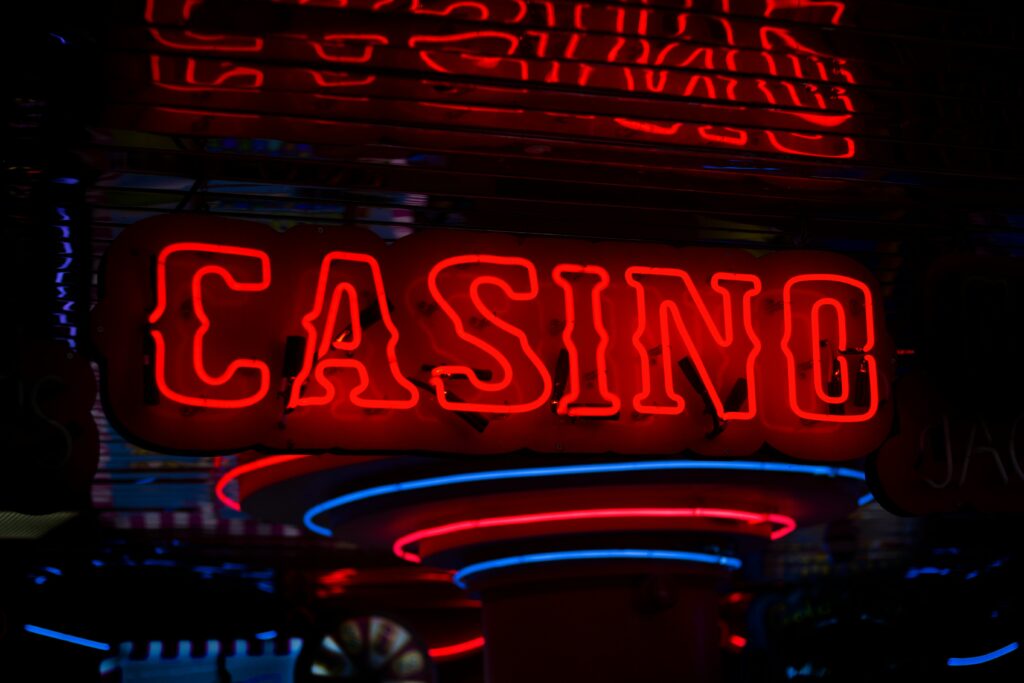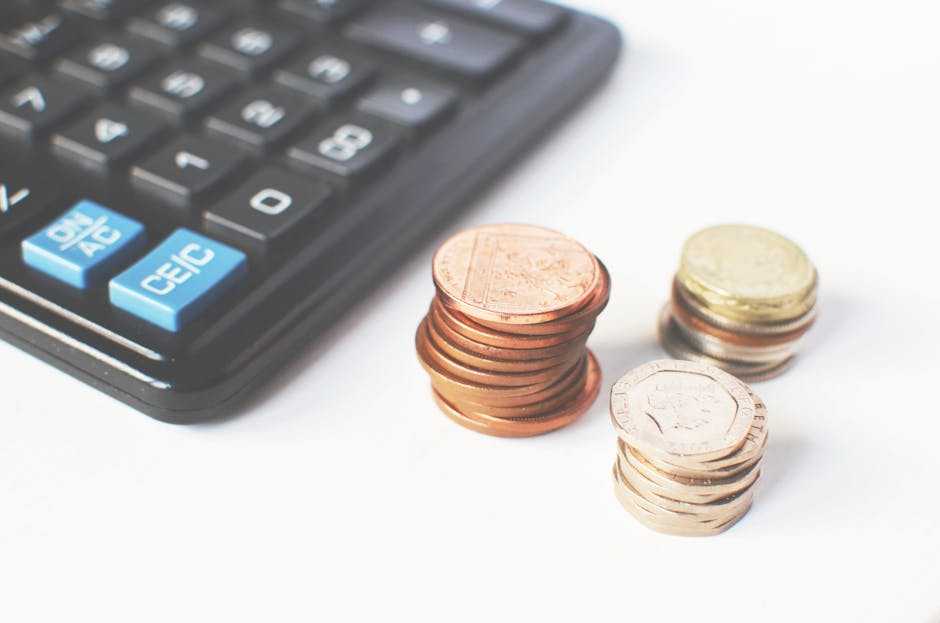What Is 3187429333 Anyway?
First things first—3187429333 has all the hallmarks of a U.S. phone number. Specifically, the “318” area code pins it to Louisiana. If you’ve received a call from this number, it’s likely coming from somewhere in that state. But there’s more to a number than just geography.
Many people report calls from 3187429333 as suspicious or unexpected. That puts it into the category of “potential spam.” Still, not every unknown number is malicious. Some might be automated alerts from banks, legitimate businesses, or government agencies. Don’t assume the worst—but don’t pick up blindly, either.
Why Numbers Like 3187429333 Raise Red Flags
Let’s be real. Most of us don’t answer calls from unknown numbers—and for good reason. Robocalls, phishing attempts, and spam have turned everyone cautious. When a number like 3187429333 keeps calling with no voicemail or clear identity, that caution intensifies.
Here’s what you should watch for: Repeated calls with no voicemail: Most legit services leave a message. Calls at odd hours: Unless it’s urgent, businesses stick to business hours. Vague or overly friendly greetings if answered: Scammers often sound polite but vague to fish for info.
If this number showed up once and never again, it could’ve been a misdial. If it’s persistent, dig deeper.
Quick Ways to Research Unknown Numbers
Instead of picking up or ignoring calls, there’s a middle ground—do your homework. Here’s how:
1. Use Reverse Phone Lookup Tools: Sites like Whitepages, Truecaller, or even Google can tell you who’s behind a number. Just punch in 3187429333. The results might show a business, an individual, or flags from past users reporting scams.
2. Check Social Media: Businesses sometimes list their contact numbers on platforms like Facebook or LinkedIn. It’s worth a scan.
3. Review Voicemail or Texts (If Any): If a caller’s legit, they often leave breadcrumbs—a voicemail, a followup text, or even a second call from a related number.
4. Ask Around Locally: If you’re in or have any ties to Louisiana, someone you know there might recognize the number.
How to Handle Suspicious Calls
Once you’ve done the research, it’s time to act. Depending on what you find out about 3187429333, you’ve got options:
If it’s legit and relevant: Call back, or save it if it’s someone you may need to talk to again. If it’s a scam or unclear: Block the number. Most phones make this a twoclick operation. If it keeps recurring: Report it to the FCC or FTC. Enough reports can lead to investigations and, in some cases, action.
Staying Ahead of Spam Trends
Robocalls aren’t going anywhere—especially with cheap spoofing tech allowing scammers to fake area codes and numbers. Instead of playing defense, sharpen your filters.
Enable call ID tools from your carrier. Most U.S. providers now offer spam warning systems. Use thirdparty call filter apps. Apps like Hiya or RoboKiller do more than warn—they autoblock known offenders. Limit where you share your number. The fewer places your number exists online, the less risk.
3187429333 is just one of thousands of digits that might show up uninvited, but learning how to handle it turns a nuisance into a nonissue.
Final Thoughts: Be Smart, Not Paranoid
There’s no need to panic every time a strange number buzzes your phone—but that doesn’t mean you should pick up aimlessly. Numbers like 3187429333 might originate from a business or a bot. The trick is to keep your phone habits smart—filter unknowns, investigate when needed, and act fast if something smells off.
You don’t need to memorize every number or become a sleuth. You just need the right tools, a bit of skepticism, and a simple rule: If it doesn’t look right, don’t engage. Let data—not fear—drive your decisions.

 Ronald Lemmon is a skilled and dedicated article writer at Spin Win Safely, where his expertise and passion for the online gambling industry are evident in his engaging and informative content. Although he is not the founder or chief editor, Ronald's contributions are essential to the platform's mission of providing comprehensive and reliable information to its readers.
Ronald specializes in crafting detailed reviews of online casinos, game strategies, and industry news, ensuring that Spin Win Safely remains a go-to resource for both novice and experienced gamblers. His ability to simplify complex topics and present them in an accessible and engaging manner has earned him a loyal following among readers who value his clear and concise writing style.
Through his articles, Ronald promotes responsible gaming practices, helping players make informed decisions and enjoy a safer and more enjoyable gambling experience. His dedication to delivering high-quality content and his commitment to the platform's goals make him an invaluable member of the Spin Win Safely team, contributing significantly to the site's reputation as a trusted authority in the online gambling community.
Ronald Lemmon is a skilled and dedicated article writer at Spin Win Safely, where his expertise and passion for the online gambling industry are evident in his engaging and informative content. Although he is not the founder or chief editor, Ronald's contributions are essential to the platform's mission of providing comprehensive and reliable information to its readers.
Ronald specializes in crafting detailed reviews of online casinos, game strategies, and industry news, ensuring that Spin Win Safely remains a go-to resource for both novice and experienced gamblers. His ability to simplify complex topics and present them in an accessible and engaging manner has earned him a loyal following among readers who value his clear and concise writing style.
Through his articles, Ronald promotes responsible gaming practices, helping players make informed decisions and enjoy a safer and more enjoyable gambling experience. His dedication to delivering high-quality content and his commitment to the platform's goals make him an invaluable member of the Spin Win Safely team, contributing significantly to the site's reputation as a trusted authority in the online gambling community.
